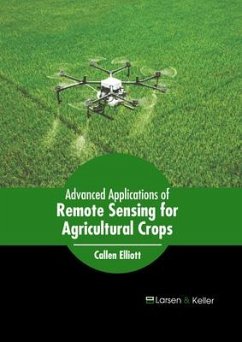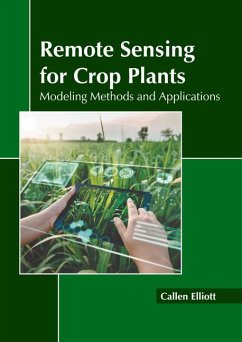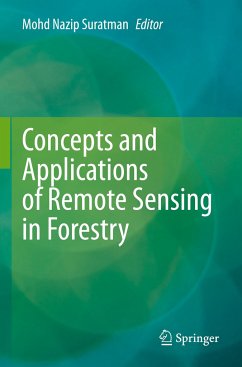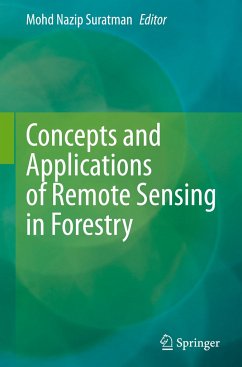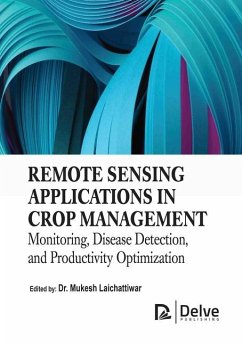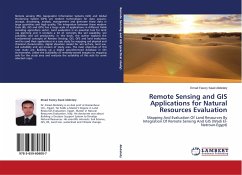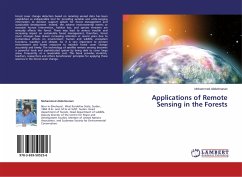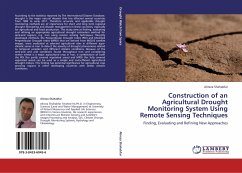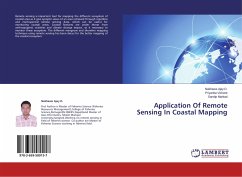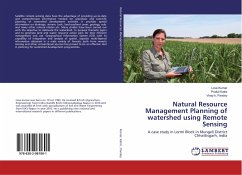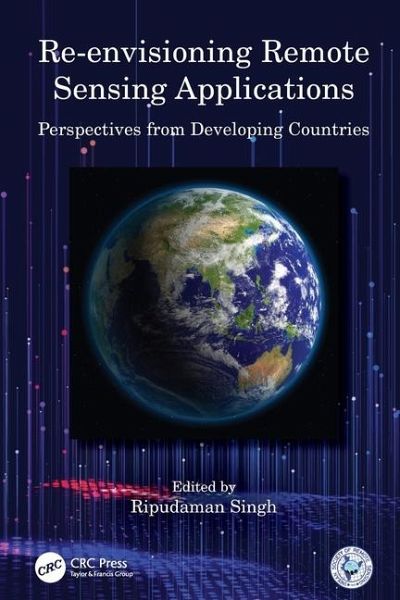
Re-envisioning Remote Sensing Applications
Perspectives from Developing Countries
Herausgeber: Singh, Ripudaman
Versandkostenfrei!
Versandfertig in 1-2 Wochen
74,99 €
inkl. MwSt.
Weitere Ausgaben:

PAYBACK Punkte
37 °P sammeln!
Re-envisioning Remote Sensing Applications: Perspectives from Developing Countries aims at discussing varied applications of remote sensing, with respect to upcoming technologies with diverse themes. Organized into four sections of overlapping areas of research, the book covers chapters with themes related to agriculture, soil and land degradation studies; hydrology, microclimates and climate change impacts; land use/land cover analysis applications; resource analysis and bibliometric studies, culminating with future research agenda. All the topics are supported via case studies and spatial da...
Re-envisioning Remote Sensing Applications: Perspectives from Developing Countries aims at discussing varied applications of remote sensing, with respect to upcoming technologies with diverse themes. Organized into four sections of overlapping areas of research, the book covers chapters with themes related to agriculture, soil and land degradation studies; hydrology, microclimates and climate change impacts; land use/land cover analysis applications; resource analysis and bibliometric studies, culminating with future research agenda. All the topics are supported via case studies and spatial data analysis. Features: Provides the applications of remote sensing in all fields through varied case studies and spatial data analysis Includes soil and land degradation, microclimates, and climate change impacts Covers remote sensing applications in broad areas of agriculture, hydrology, land use/land cover change and resource analysis Discusses usage of GPS-enabled smartphones and digital gadgets used for mapping and spatial analysis Explores future research agenda for applications of remote sensing in post-COVID scenario This book is of interest to researchers and graduate students in environmental sciences, remote sensing, GIS, agricultural scientists and managers, forestry scientists and managers, and water resources scientists and managers.





